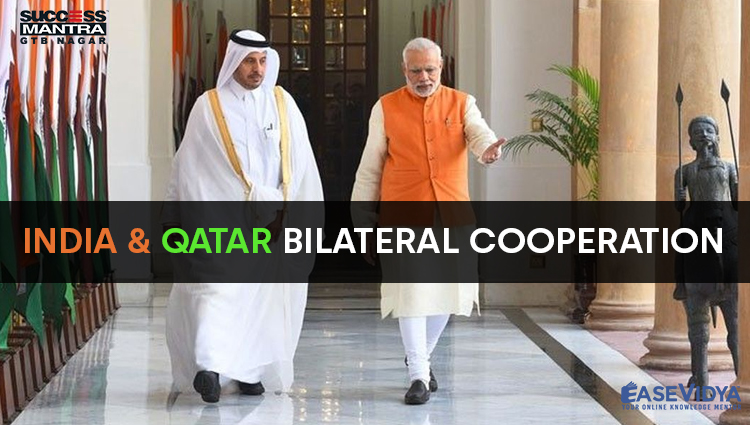
INDIA AND QATAR BILATERAL COOPERATION
INDIA & QATAR BILATERAL COOPERATION
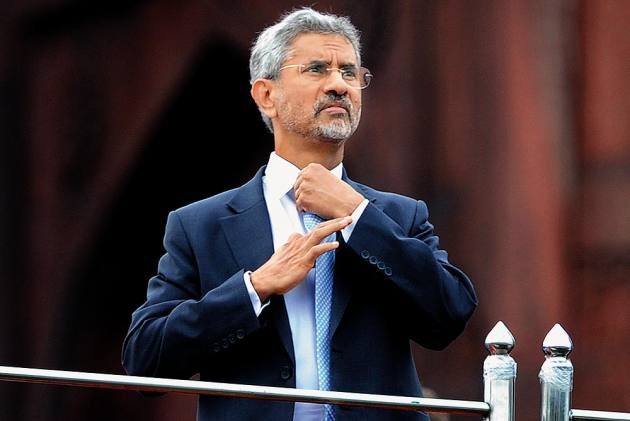
Recently, India’s External Affairs Minister met the top leaders of Qatar and discussed strengthening the economic and security cooperation between the two countries. The visit is part of India’s ongoing outreach to West Asia, which the country sees as part of its extended neighbourhood. Qatar is a member of the Gulf Cooperation Council.
India and Qatar agreed to maintain regular consultations and coordination on all issues of mutual interest at multilateral fora. Issues of mutual interest include energy, power, petrochemicals, investments, infrastructure, development, project exports and education. Discussed ways to strengthen the multifaceted bilateral relationship in areas such as energy, trade, investment, food processing, healthcare, education, culture, defence and security. Bilateral trade was worth USD 10.95 billion in 2019-20. India thanked Qatar for taking care of people from the Indian community during the Covid-19 pandemic.
India and Qatar have maintained close high-level contacts during the pandemic. India appreciated Qatari Businessmen Association’s commitment for business partnerships with India and briefed them about new opportunities flowing from Atmanirbhar Bharat. Qatar’s leader appreciated the contribution of the Indian community in Qatar and recalled his visits to India.
ABOUT GULF COOPERATION COUNCIL GCC
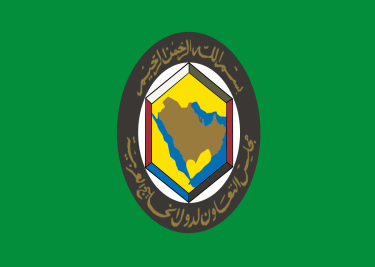
GCC was established by an agreement concluded in 1981 among Bahrain, Kuwait, Oman, Qatar, Saudi Arabia and UAE in view of their special relations, geographic proximity, similar political systems based on Islamic beliefs, joint destiny and common objectives. The structure of the GCC consists of the Supreme Council (the highest authority), the Ministerial Council and the Secretariat General. The Secretariat is located in Riyadh, Saudi Arabia. It is a political, economic, social, and regional organisation according to its charter.
INDIA'S RELATIONSHIP WITH GCC
Political: The governments of the GCC members are India-friendly. The Prime MInister of India has received the ‘Order of Zayed’, the highest civilian order of the UAE and the ‘King Hamad Order of the Renaissance’, the third-highest civilian order of Bahrain. In the recent past, Saudi Arabia and the UAE have not adopted hostile posture to India’s domestic developments such as removing the special status for Jammu & Kashmir under Article 370.
Economic: The GCC states are among India’s key suppliers of energy, and annual remittances from Indians in these countries are worth an estimated USD 4.8 billion. The United Arab Emirates (UAE) and Saudi Arabia are India’s third and fourth-largest trading partners respectively and the total bilateral trade of the GCC countries with India for the year 2018-19 stood at USD 121.34 billion. UAE also features in the top 10 sources of FDI inflows into India.
Security: Both India and the GCC are members of the Financial Action Task Force (FATF). Apart from the participation of Saudi Arabia, Oman, Kuwait, and others in India’s mega multilateral Milan Exercise, India also has bilateral exercises with most of them. India and Oman hold annual bilateral exercises across all three wings of the armed forces (Army Exercise ‘Al Najah’, Air Force Exercise ‘Eastern Bridge’, Naval Exercise ‘Naseem al Bahr’). Further, Oman has provided the Indian Navy access to the Port of Duqm SEZ which is one of Indian Ocean’s largest deep-sea ports. India has a bilateral naval (In-UAE BILAT) as well as an air force exercise (Desert Eagle-II) with the UAE.
RECENT DEVELOPMENTS BETWEEN BOTH THE COUNTRIES
Both the countries have decided to set up a special task force to facilitate investments by the Qatar Investment Authority, part of India’s ongoing outreach to key West Asian states to overcome the economic impact of the Covid-19 pandemic. The two sides have agreed on institutionalizing measures to promote and protect the rights of workers, including settling labour issues and facilitating the movement of people between the two countries in a safe and secure manner.
INDIA & QATAR DIPLOMATIC RELATIONSHIP
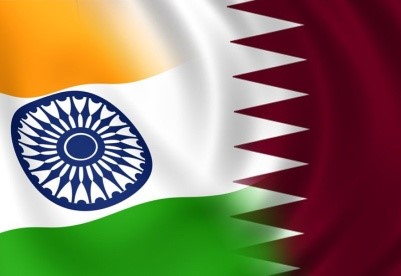
Economic Relations: The last few years witnessed a palpable decline in the trade volume between the two countries due to the decline in the rates of gas and oil in the international market. India is considered to be the fourth largest export destination for the State of Qatar. Both India and Qatar also have a good relation in the banking sector.
Exports: Qatar’s key exports to India include LNG, LPG, chemicals and petrochemicals, plastics, and aluminium articles. India’s key exports to Qatar include cereals, copper articles, iron and steel articles, vegetables, plastic products, construction material, textiles & garments, etc.
Cooperation in the Field of Energy: Qatar is the largest supplier of liquefied natural gas (LNG) to India. India imports around 70% of its needs for the natural gas from Qatar.
Defence: India’s defence cooperation with Qatar has so far been limited to training, participation in each other's conferences/events and visits by ships of Indian Navy and Coast Guard. Za’ir-Al-Bahr (Roar of the Sea) is the naval exercise between Indian and Qatar Navy.
Cultural Relations: There is a regular flow of Indian artists performing in Qatar at events organised by community organizations affiliated to the Indian Cultural Centre (ICC). ICC is an apex body of associations of the Indian community functioning under the aegis of Embassy of India, Doha, and private sponsors.
Yoga: India appreciated Qatar’s support, as a co-sponsor, to its Resolution at the United Nations General Assembly, adopted unanimously with a record 177 co-sponsors, declaring 21 June as the International Day of Yoga (IDY).
Education: There are 14 Indian schools in Qatar, offering CBSE curricula to over 30,000 students, most of whom are the children of Indian nationals working in Qatar.
Indian Community: Indian community is the largest expatriate group in Qatar which is estimated to be around 700 million people. They are making their contribution in different sectors. Indians are highly respected in Qatar for their sincerity, hard work, technical expertise and law-abiding nature. Indians are employed in almost every local establishment, governmental or private, in various capacities.
Remittances: The remittances which the Indian expatriate community in Qatar sends to India are estimated to be around 750 million dollar per annum.
CONCLUSION
Qatar wants to make investment in India in the domain of the infrastructure which includes roads, highways, economic corridors, airports, ports, tourism and hotels apart from the projects related to gas and fertilizers. India is looking forward to the direct investment in the manufacturing and production of the liquefied natural gas and in chemical industries, especially the industry of fertilizers, urea, petrochemicals.
QUESTIONS (1-5)
Q.1 Recently, which of the following Ministers have represented India at Qatar and discussed strengthening the economic and security cooperation between the two countries?
A. Rajnath Singh
B. Amit Shah
C. Narendra Modi
D. S. Jaishankar: ANSWER
Q.2 Which of the following statements is/are incorrect regarding the bilateral cooperation and relationship between India and Qatar?
A. Qatar is the largest supplier of LNG to India.
B. Both India and Qatar are the permanent members of GCC: ANSWER
C. India maintains an embassy in Doha.
D. None of the above
Q.3 Which of the following is the annual maritime or the Naval exercise held between the Qatar and Indian Navy?
A. Naseem Al Bahr
B. Ekuverin
C. Za’ir-Al-Bahr: ANSWER
D. Khanjar
Q.4 Among the options, which of the following nations is not the permanent or the founding members of the Gulf Cooperation Council?
A. Iran: ANSWER
B. Bahrain
C. Qatar
D. United Arab Emirates
Q.5 Gulf Cooperation Council which is a regional intergovernmental political and economic union is headquartered at which of the following places?
A. Muscat, Oman
B. Doha, Qatar
C. Riyadh, Saudi Arabia: ANSWER
D. Manama, Bahrain










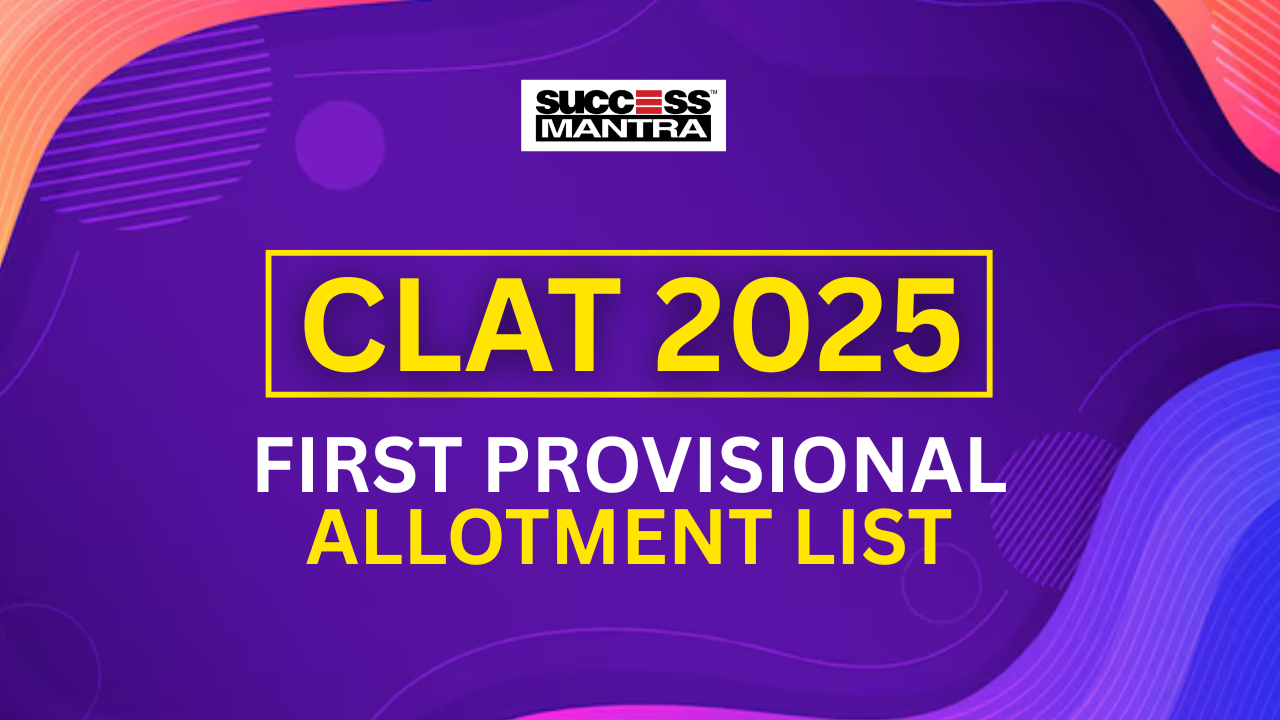


0 Comment